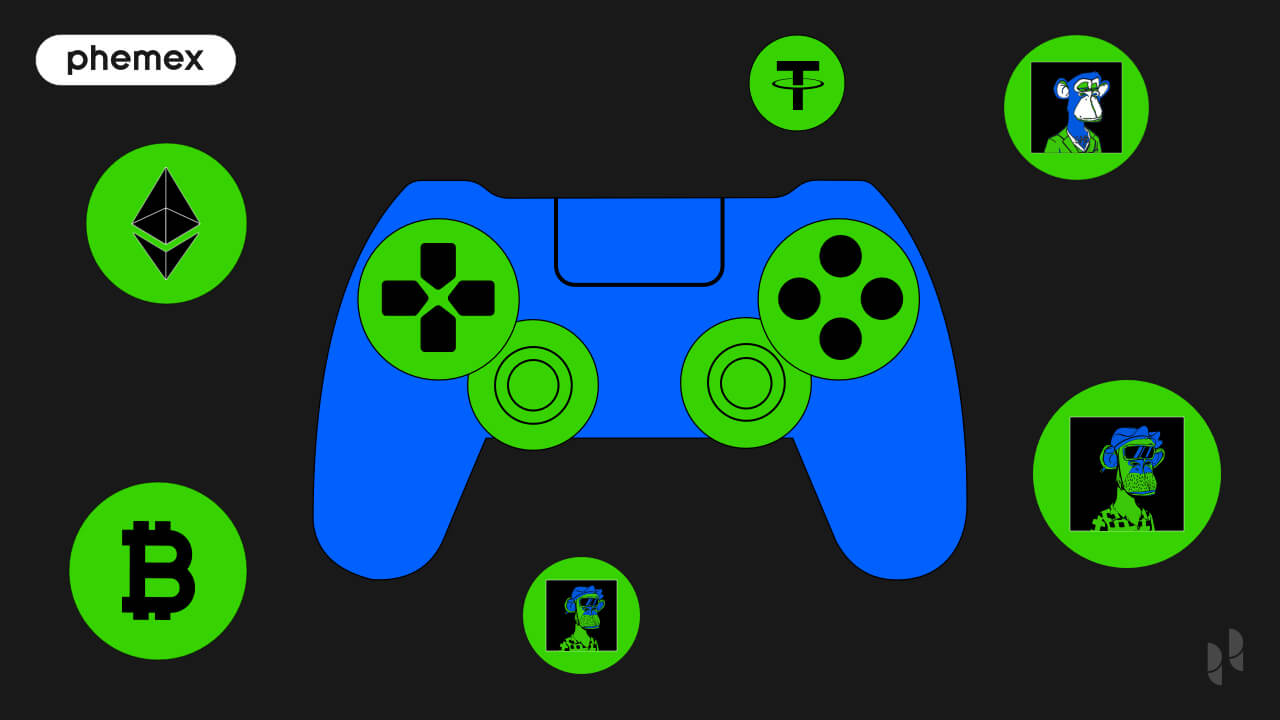Key Takeaways:
- Gaming guilds pool resources and expertise to maximize earning potential in play-to-earn (P2E) games.
- They operate as community-driven networks, often using DAOs for governance.
- Joining a guild can provide access to rare NFTs, virtual assets, and mentorship in metaverse economies.
What Are Metaverse Gaming Guilds?
Gaming guilds in the metaverse are organized communities of players who collaborate to achieve shared goals in virtual worlds. Unlike traditional gaming clans, these guilds have a strong economic focus. Members pool resources, such as NFTs, virtual currency, and in-game assets, to participate in play-to-earn games and maximize profits.
By working together, guild members can access expensive or rare items that would be difficult to obtain individually. This collective approach not only increases earning potential but also fosters a sense of community and shared success.
Key Functions of Gaming Guilds
1. Resource Sharing and Access
Guilds allow members to borrow or lease in-game assets, including avatars, weapons, and land parcels. For instance, a new player without expensive NFTs can join a guild and receive a share of these assets to participate in P2E games. The profits generated are then split according to agreed terms, often proportional to the resources contributed.
2. Governance and Decision-Making
Many gaming guilds operate using decentralized autonomous organizations (DAOs), where members vote on key decisions. This can include which games to invest in, how to distribute earnings, or how to acquire new assets. Such governance ensures that the guild remains community-driven rather than dominated by a single leader.
3. Training and Mentorship
Beyond resources, guilds offer knowledge-sharing and mentorship. Experienced players guide newcomers on strategies, tokenomics, and game mechanics, helping them optimize earnings. This educational aspect strengthens the guild and keeps members engaged.
How Players Earn Through Guilds
Joining a guild provides multiple earning opportunities:
- Shared Profits: Players receive a portion of in-game earnings, whether from completing quests, selling NFTs, or trading virtual assets.
- Staking and Yield Farming: Some guilds leverage crypto-based mechanisms, allowing members to stake tokens or participate in liquidity pools for passive income.
- Collaborative Ventures: Guilds may invest collectively in virtual land, rare NFTs, or other high-value assets, sharing profits when these appreciate or are sold.
These models transform gaming from a hobby into a potential income stream, bridging entertainment and digital entrepreneurship.
Challenges and Risks
While gaming guilds offer lucrative opportunities, they are not without risk. Token volatility, in-game economic fluctuations, and platform failures can affect profits. Additionally, guilds require strong governance to prevent conflicts over resource allocation and earnings distribution. Prospective members should research guild reputations, agreements, and financial structures before joining.
Conclusion: Guilds as the Future of Metaverse Play
Gaming guilds are redefining the way players interact with metaverse economies. By pooling resources, offering mentorship, and enabling collective governance, they allow individuals to participate in digital worlds more strategically and profitably.
For players looking to navigate the metaverse effectively, joining a guild can provide both financial opportunities and a supportive community. As virtual economies continue to expand, gaming guilds will likely remain a cornerstone of collaborative and profitable play-to-earn experiences.
Disclaimer: The information in this article is for general purposes only and does not constitute financial advice. The author’s views are personal and may not reflect the views of GameDegen.com. Before making any investment decisions, you should always conduct your own research. GameDegen.com is not responsible for any financial losses.




